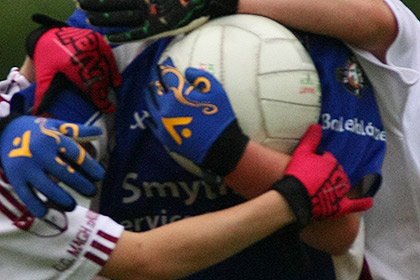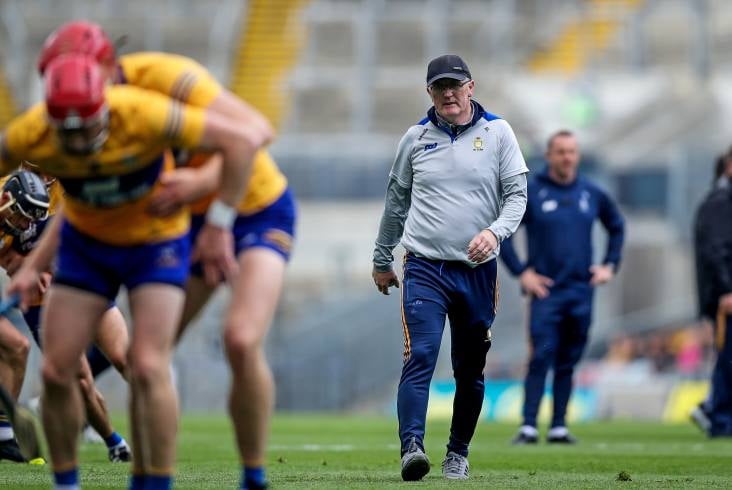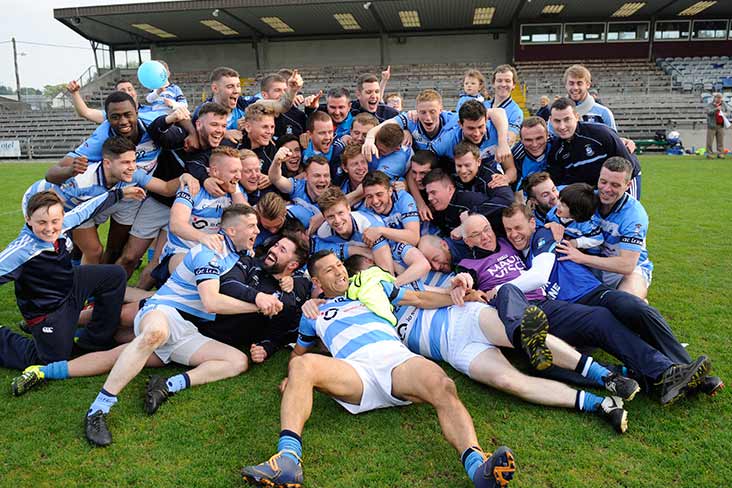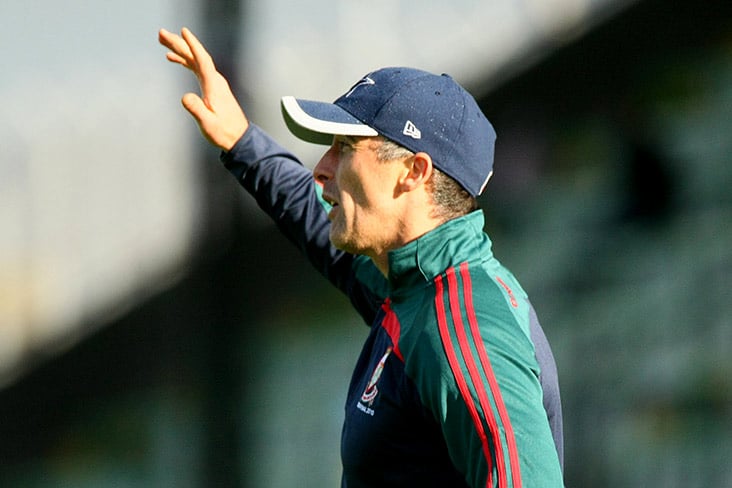'Play to Stay with the GAA'
August 24, 2015
Worldwide trends reveal drop out from sport at levels of 50% and higher.
The GAA, in partnership with the University of Stirling, has announced the findings from an extensive research project, which has successfully created new knowledge on how to tackle youth sport drop out.
Sport has a significant impact on society. It provides a powerful context for promoting the health and well-being of youth. Given the popularity and benefits that may be derived from sport, it is perhaps surprising that there is a declining sport participation trend from childhood to adolescence and reduced participation in regular sport among youth.
Worldwide trends reveal drop out from sport at levels of 50% and higher. A portion of this dropout may reflect sampling of sports, where children and youth are trying out or transferring between different sports. However, some of the dropout from sport may reflect dissatisfaction or negative experiences.
"Like many sporting organisations around the world, the GAA has recognised the prevalence and health significance of young people dropping away from participation in sport," explained Pat Daly, Director of Games Development and Research, GAA.
"In 2012, we commissioned a research partnership with the University of Stirling in order to understand why people are disengaging from participation in Gaelic Games and more importantly how the GAA can proactively respond to meeting the needs of young people participating in our games."
Over a 15-month period a National Steering Group compromising of experts from the University of Stirling, 10 local grassroots coaches and representatives from the GAA's Games Development Department designed and executed a pilot initiative centered around the creation of a new GAA community entity entitled the GAA Super Game Centre.
10 Super Game Centers were set up across 10 counties and offered a 24-week games programme to 430 players aged 12 to 16 years. Players were exposed to small-sided games, which involved a form of coaching support based upon 6 key values identified from a review of evidence from around the world.
Daragh Sheridan, Research Lead, GAA Super Game Center National Pilot Programme, outlined: "The objective of our research programme was to assist the GAA in order to test an alternative way to positively engage young players in participating in Gaelic Games.
"Having reviewed the evidence from around the world we identified 6 key values (positive feedback, respect, belonging, empowerment, enjoyment, effort) which if expressed in a games environment would create the type of participation experience which would positively impact a young player's desire to Play to Stay with the GAA.
"Over a 24 week period 430 players created over 3,500 visits to the 10 Super Game Centres. Our research found the players received greater levels of social support which reduced their intention to drop out of Gaelic Games participation. This findings were explained as a result of players developing a greater sense of the belonging to the GAA as a result of experiencing the 6 play to stay values."
Tweet








